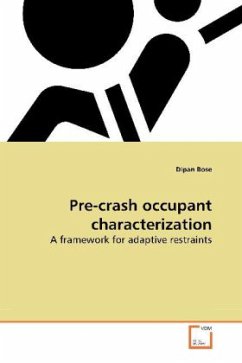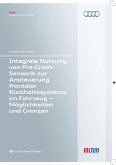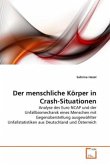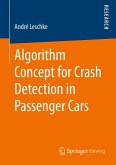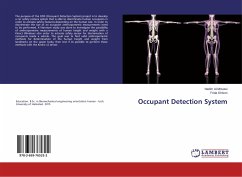Current vehicle safety systems are primarily designed to be most effective for a fixed occupant scenario: A mid-sized adult male seated in a standard posture. Prior studies have, however, confirmed that the state of an occupant, including physical properties such as mass and stature as well as time-varying parameters such as posture and muscular bracing, influence the injury outcome in traffic crashes. To provide a feasible framework for incorporation of occupant characteristics into adaptive restraint schemes, this work evaluates the sensitivity of injuries sustained in frontal collisions to four occupant state parameters: Mass, stature, posture and bracing level. Furthermore, a numerical methodology for probabilistic estimation of pre-crash occupant state parameters is described in this study. The methodology to characterize the time-invariant and time-varying occupant state parameters is expected to provide the necessary information for future adaptive restraint controllers tooptimize and reduce injuries accounting for the stochastic nature of occupant dynamics during a crash event.

